Store your insurance cards, Social Security cards, and financial records in a safe to protect critical information both at home and at work. Additionally, destroy any documents that provide personal information, such as credit offers or hospital bills.
1. Make a secure password.
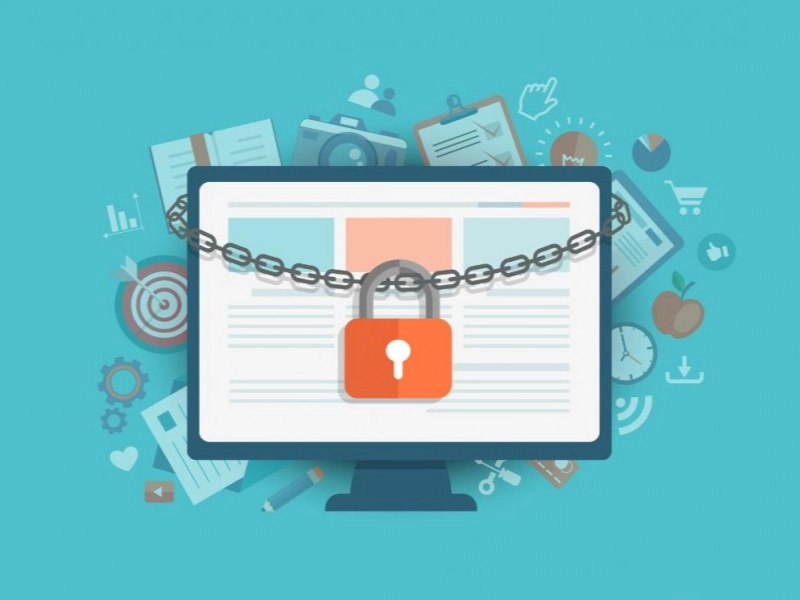
Making a secure password is one of the simplest and most effective security precautions you can take. Hackers may be able to access your personal accounts and obtain sensitive data if you use weak passwords.
Creating complicated, one-of-a-kind, and unpredictable passwords will greatly increase the security of your accounts. It's also a good idea to stay away from clichés and private information (such as your name or birthday).
Passwords ought to consist of a minimum of 12 characters, utilizing a blend of capital and lowercase letters, numbers, and symbols. It's also advised that you set a unique password for each online account you use. This makes sure that hackers can't simply access your other accounts in the event of a data breach on one site.
2. Always keep your electronics locked.
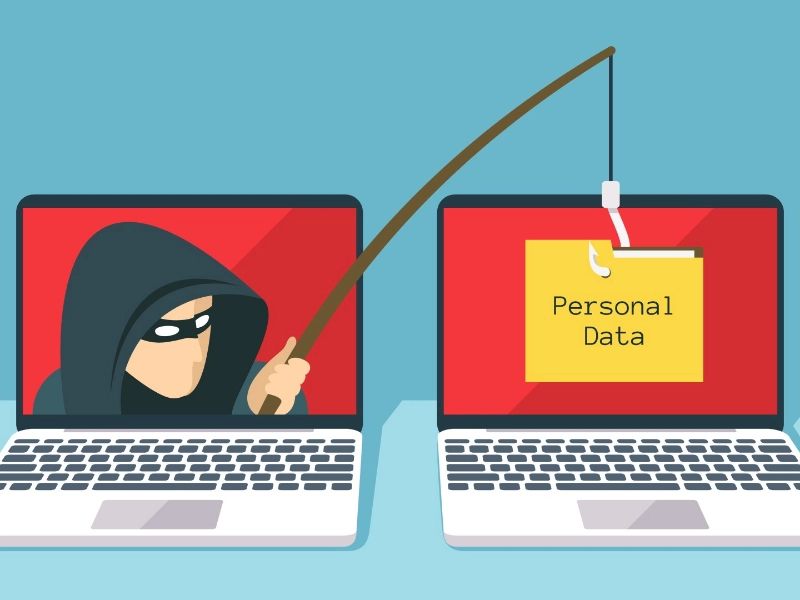
Whether it's a laptop, tablet, or smartphone, these gadgets hold a staggering quantity of private data that might be useful to criminals and con artists. Protecting your data starts with locking these devices using a password, PIN, fingerprint, or facial recognition.
Changing the privacy settings on applications and websites to restrict the information you share with third parties is another crucial step. Refraining from oversharing on social media can also help prevent identity theft.
Ultimately, protecting your Wi-Fi network can aid in preventing hackers from gaining access to your personal data. To defend against cyberattacks, rename your SSID and turn on extra security measures.
3. Keep your personal information private.
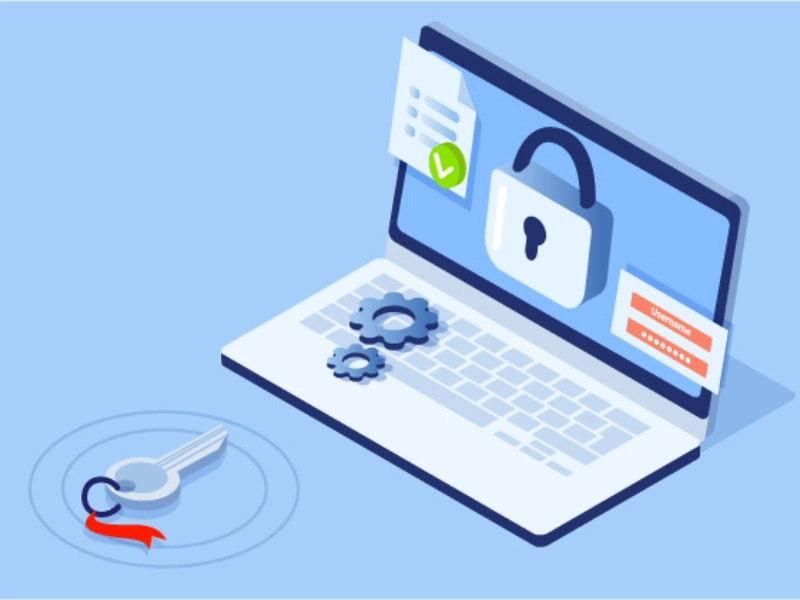
Businesses do retain consumer and employee data, but it's crucial to understand how this data is utilized. Any piece of information that may be used to identify an individual, such as their name, address, phone number, email address, passwords and usernames for social media, credit card numbers, bank account information, and insurance policies, is considered personal information. Although cybercriminals may exploit this information to conduct fraud and other crimes, it can also be useful.
Refusing to reveal your information is the best way to keep it safe. This entails limiting the amount of information you provide on social media, just filling out the areas that are necessary while purchasing online, and never opening links or files from eerie emails. Shred days are a great way to get rid of papers that hold personal data. You may therefore relax, knowing that your information is secure.
4. Exercise caution when making internet purchases.
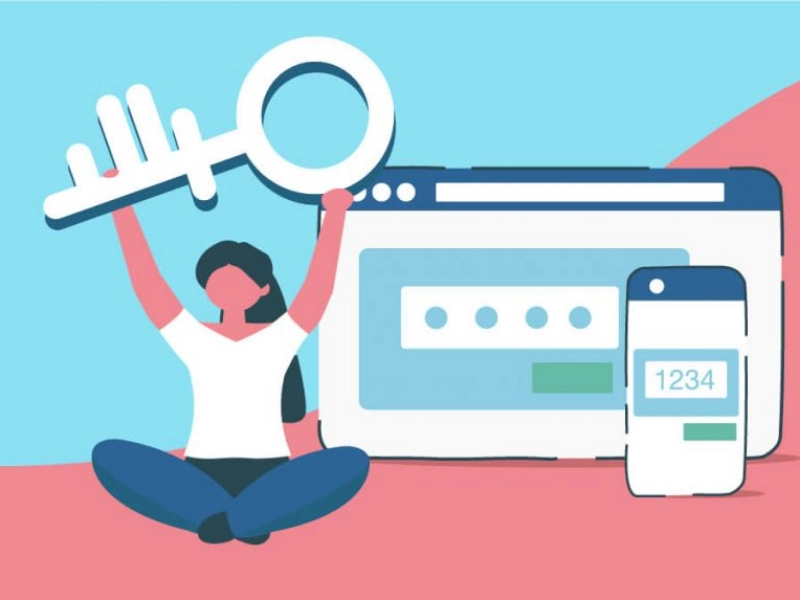
People can access a large variety of products and services that might not be offered locally when they shop online. It's crucial to exercise caution when doing so, though.
Don't, for instance, shop on public Wi-Fi. The person glued to his phone at the coffee shop can be a cybercriminal monitoring your online activities. Additionally, you can prevent hackers from accessing your personal data while you shop online by using a VPN.
Finally, make sure you just submit the bare minimum of data needed for each website you visit. Unless absolutely required, avoid providing a merchant with your bank account information or social security number. Reusing passwords across websites is also advised because a security lapse at one could give hackers access to your other accounts.
5. Never leave your electronics alone.
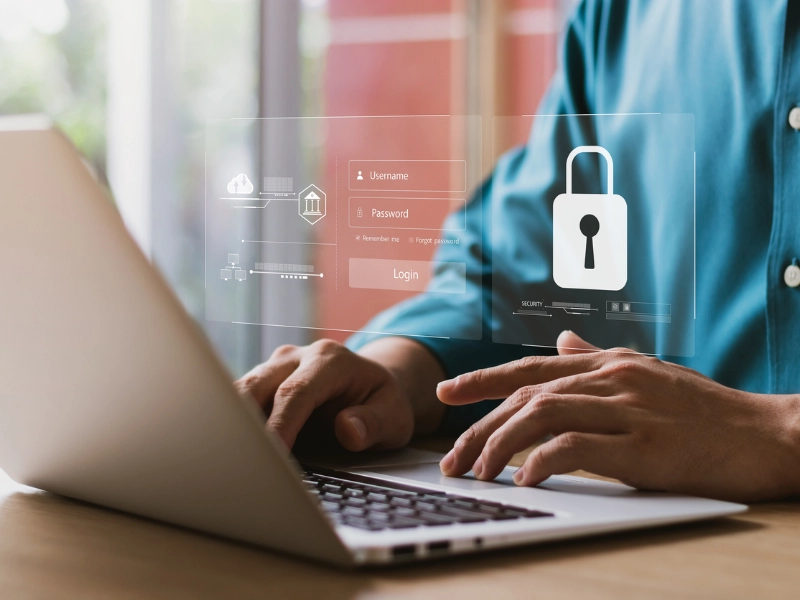
Many people don't give much thought to protecting the privacy of their personal data. They use social media to broadcast their location, complete surveys to win prizes, and sign up for emails to gain access to extra benefits on websites. Hackers can easily obtain private information through this kind of conduct and steal or expose it.
Sensitive personal data can be stored in enormous quantities on hard drives, USB keys, and personal mobile devices. These gadgets are susceptible to theft and may have viruses that threaten the privacy of any personal data on them if left unattended. On personal devices, don't forget to use a passcode and never leave them lying around. Additionally, remember to regularly backup crucial files. This will guarantee that data can be recovered in the event that ransomware or other malware compromises personal devices.
Recommended Reading: Mortgages for Home Equity and the Present Housing Market





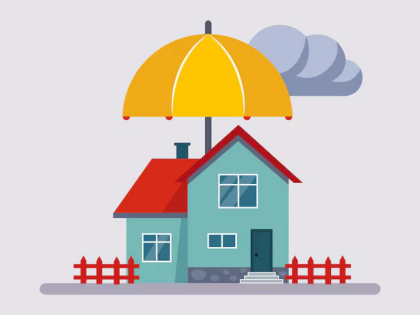


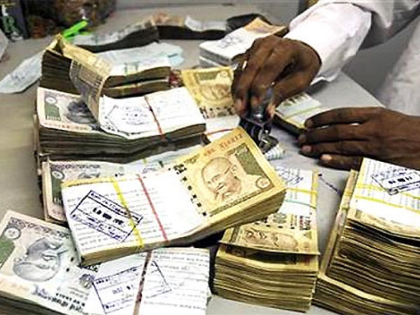


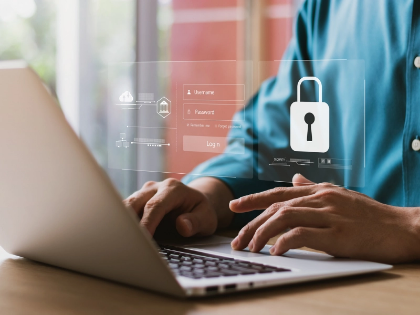

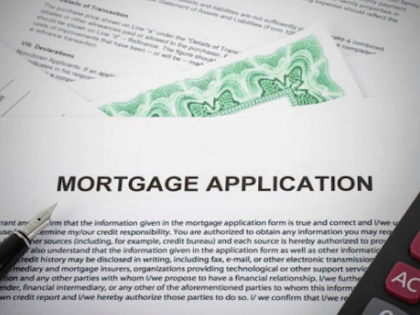
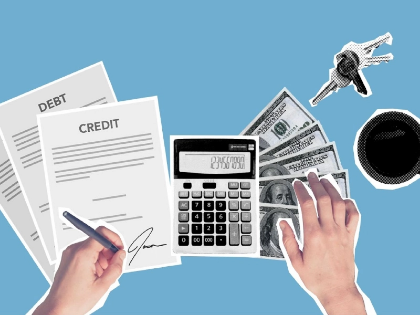


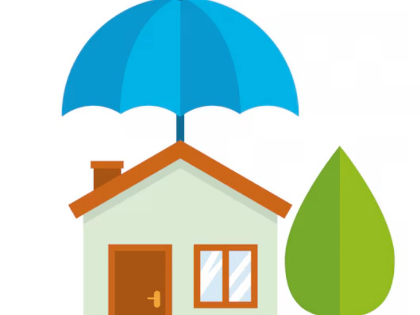
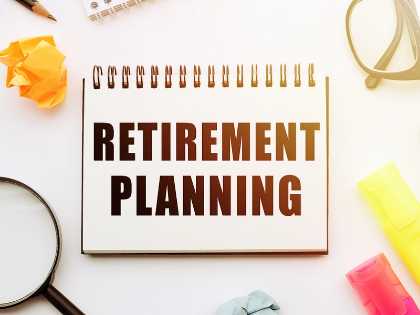


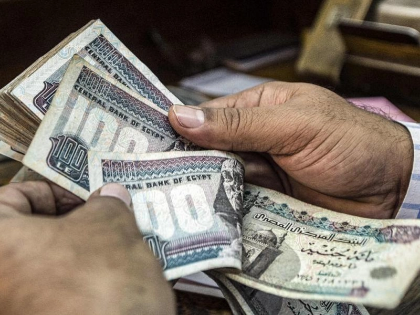


Packs optionality.